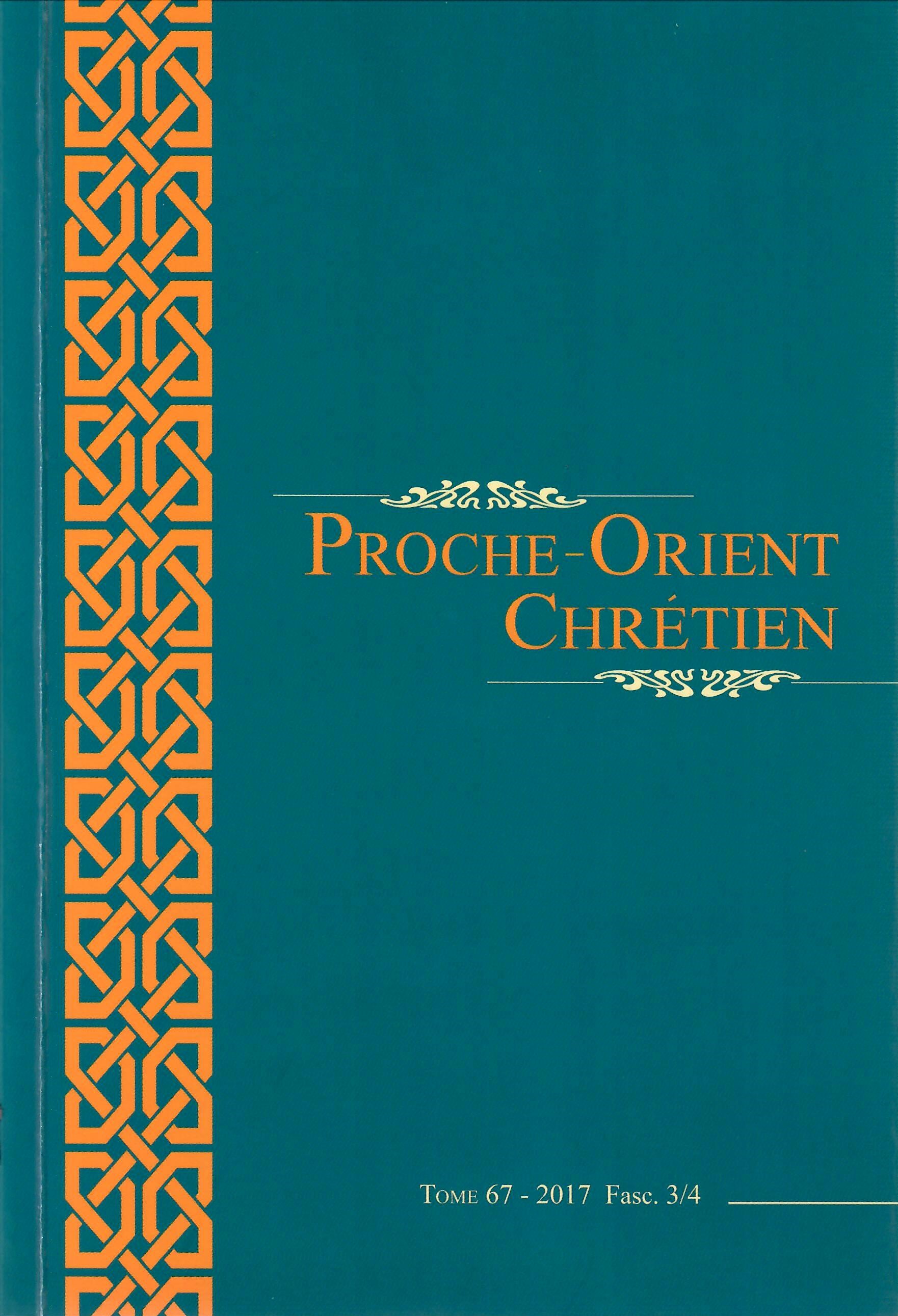Abstract
Ecumenical life in Jerusalem and in the Holy Land is deeply influenced by multiple factors that need to be taken into consideration in order to understand the dynamics that are at work in interchurch relations and discern future possibilities. These factors include the geopolitical context, with no prospect of a solution to the Israeli-Palestinian conflict in view, and the violent upheavals that affect the Middle East today. They also include the omnipresent significance of history and the multi-religious context. Against this background, the present article examines the progress made during the last decades in various fields: relations among the communities guarding the Holy Places, fraternal understanding and collaboration among the Heads of Churches, solidarity and belonging together at the level of the faithful. Interreligious dialogue and common commitment for justice and peace also play a considerable role in consolidating ecumenical relations. In the final analysis, however, unity remains a gift of the Holy Spirit for which we have to pray and to prepare ourselves.

